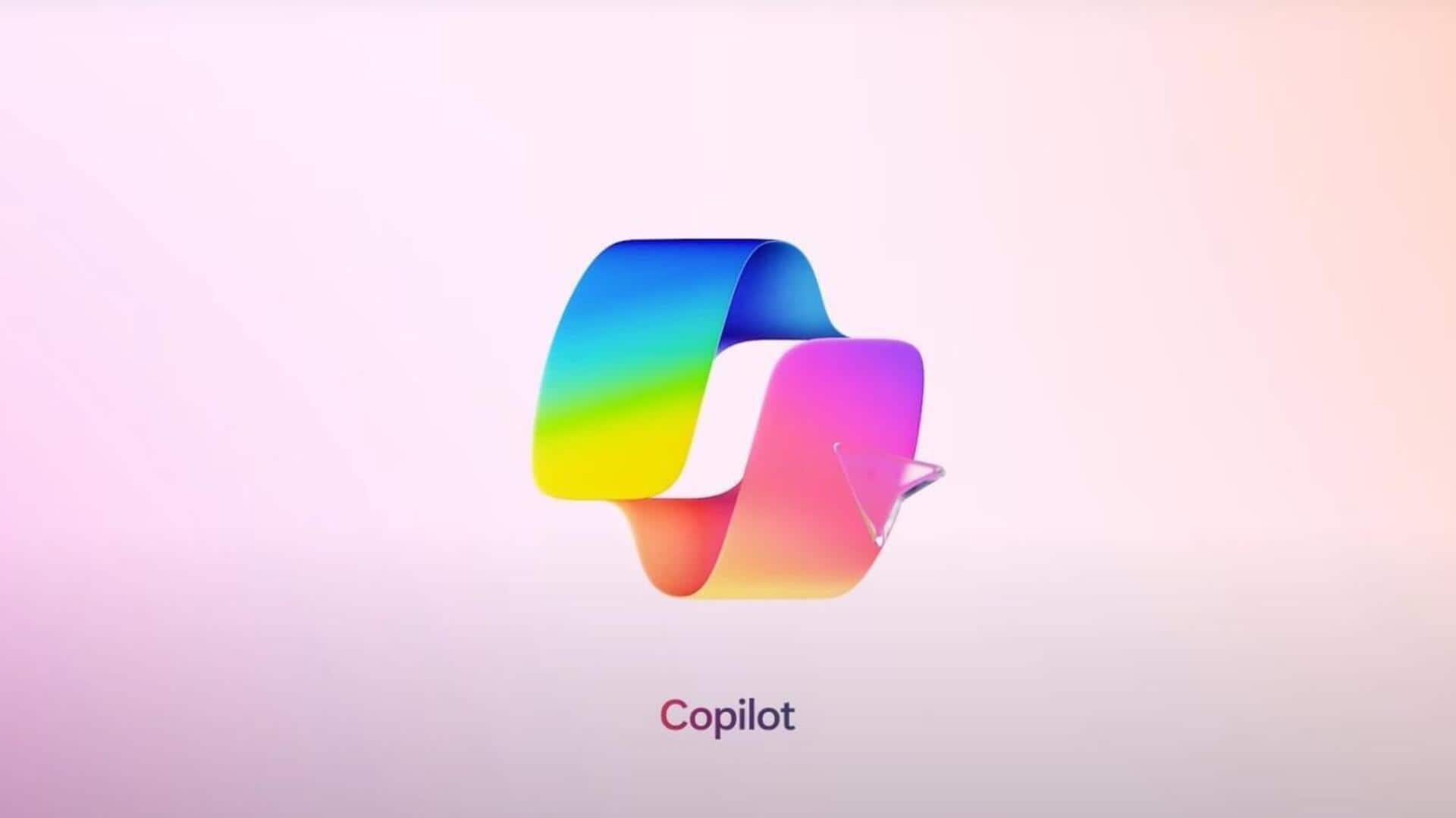
Microsoft Copilot now lets you create AI songs: Here's how
What's the story
Microsoft's AI chatbot Copilot now allows users to craft personalized songs using text prompts, within seconds. The company has teamed up with Suno, a Cambridge-based AI music start-up. To use this feature, users must log in to their Copilot accounts and activate the Suno plug-in or click the "Make music with Suno" icon. Users can generate full songs, complete with lyrics, instrumentals, and vocals. The feature is currently being rolled out.
Details
Crafting songs with simple text prompts
To create a song, enter a short text prompt describing the desired song. The AI algorithm then generates an original composition, typically a minute or two long, along with the lyrics. Examples of prompts might be "create a pop song about adventures with your family" or "make a song that captures the spirit of growing up." This innovative feature makes it easy and enjoyable for everyone to create music, "regardless of musical background."
Training
Suno claims to block certain prompts
Suno does not disclose the source of its AI training data on its website. Further, it does not prevent users from inputting prompts like "in the style of [artist]," as some other AI music tools do. However, Suno claims to block certain prompts, stating that its models do not recognize artists' names and stop users from uploading lyrics to existing songs to create covers.
What Next?
AI music creation tools are gaining interest
Generative AI-driven music tools are becoming increasingly popular, with tech giants like Meta and Google venturing into this domain. Meta's open-source AudioCraft and Google's YouTube tool both create songs based on text prompts. Google AI lab DeepMind and YouTube have teamed up to launch Lyria and Dream Track, a limited-access tool to create AI tunes in YouTube Shorts. Numerous AI music start-ups, such as Soundful, Magenta, Beatbox, Soundraw, Loudly, Boomy, Beatoven.ai, and others, have entered the market offering similar features.
Insights
Usage rights and availability
Suno prohibits free users from sharing generated songs on YouTube or Spotify. Paid users can acquire commercial rights to their creations. However, several ethical and legal concerns surrounding AI-created music remain unresolved. Some artists feel taken advantage of by GenAI algorithms that learn from existing music without permission or payment. The feature is being introduced in a stage-wise manner, which means it may take several weeks before it becomes available to all users.